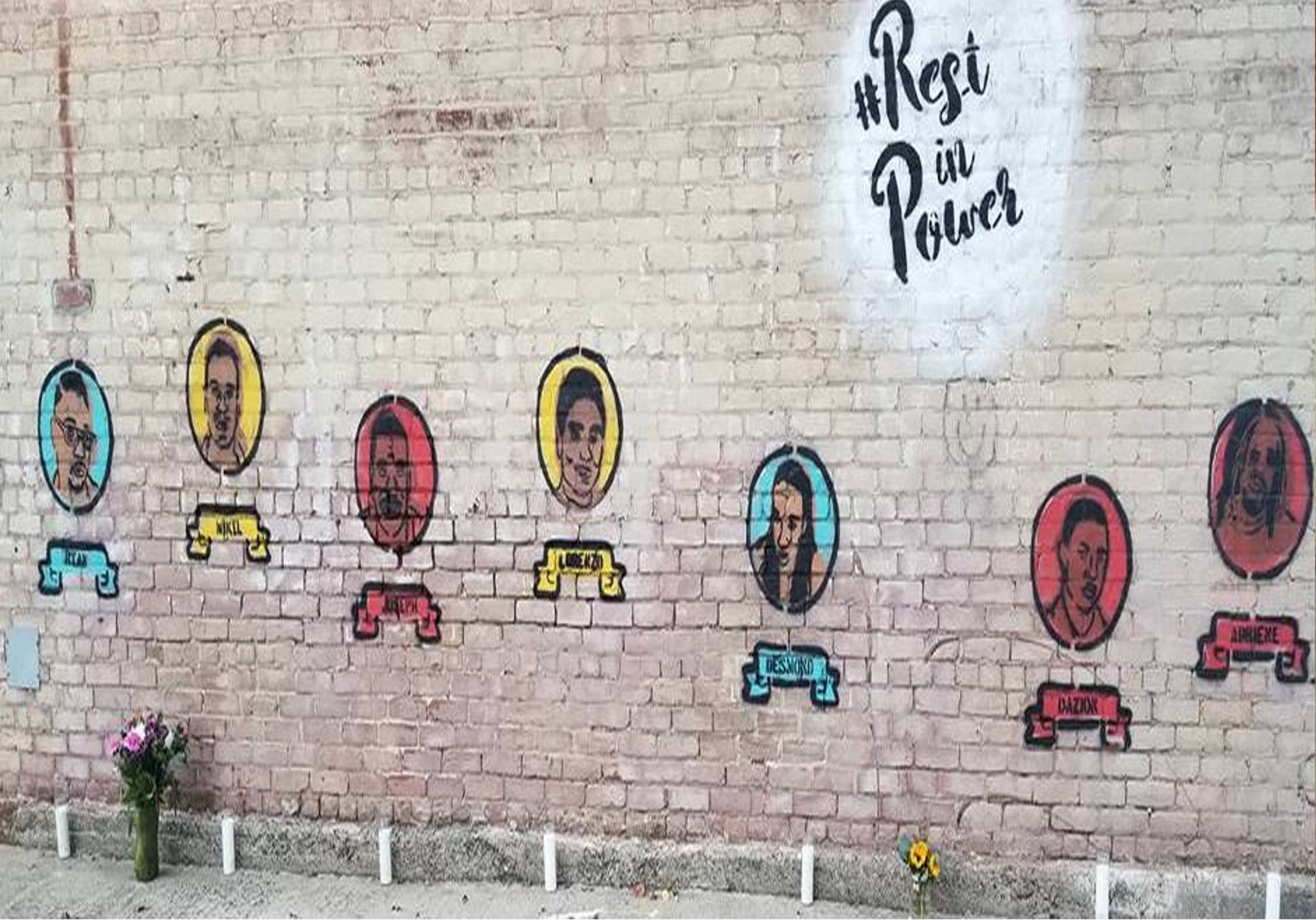Black Life Unbounded: Policing, Property, and the Spatial Practice of Abolition in Sacramento
Mia Dawson
Geography
UC Davis
In a city organized around the logics of racial capitalism, space is pernicious. In the name of maintaining order and protecting property, police power extends the threat of violence into the most mundane moments and movements for black people. My dissertation research asks how the work of abolition transforms city space and denaturalizes the legitimacy of property. I ask how the incursions of protests and riots, alongside mundane transgressions, articulate a sense of place that is as creative as it is disruptive. To answer these questions, I employ ethnographic research with Sacramento organizers, archival research into racial architectures of the city, and observant participation in social movement organizing and action. I argue that transgressing the physical markers of property reflects a more revolutionary practice of destabilizing the ideologies of social order upon which property depends. These transgressions practice the forms of collectivity, autonomy, and deviant kinship that abolition demands. In situating my methods, I propose a framework of abolition geography as a type of study that participates in the social movement, focuses on everyday practices of revolution, and refutes hegemonic ideas of social life and scale.

